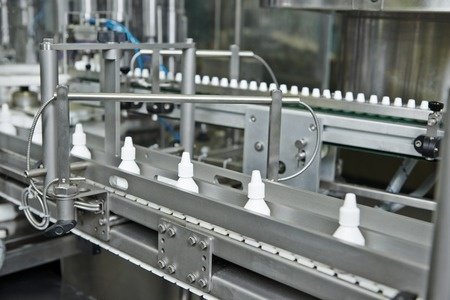One of the biggest consumers of custom plastic components is the medical and pharmaceutical industry. Working with plastic has allowed us to mass produce implements and devices that are affordable and easy to use. Using injection molding, manufacturers are using plastic components in virtually all areas of medical paraphernalia. This includes:
1.Surgical Implants
2.Cardiac products
3.Medical devices of Class I, II and III
4.Fluid delivery tools
5.Containers for fluids and other medical procedures
6.Device housing

In many ways the use of plastic components has been extremely beneficial for the medical device and phrama industry, impacting not just manufacturing processes, but also the quality of medical care.
Making lightweight devices: Plastic is the lightest alternative when compared to other options like glass or metal. This allows us to make incredibly lightweight devices like surgical implants or even injections. These are easier to carry and use.
Resistant to corrosion: Unlike any other material, plastic will nit rust and rot. When made of high quality polymer, these devices will stay for centuries. This makes plastic the most viable alternative in sensitive procedures such as injecting and putting in implants in the body. When properly sterilized, there are very few chances of the plastic reacting with other fluids and corroding.
Mass manufacturing: In many ways this has been the biggest advantage of working with plastics. Plastic components can be mass produced in a matter of minutes, which means that there is always a ready availability of parts. This has significantly brought down costs and ensured wide availability. This has had a direct impact on the reach and quality of healthcare.
Easy to dispose: The ease of availability and the low cost of manufacturing has enabled us to ensure another critical aspect when dealing with medical devices — ease of disposal. Medical implements and devices like injections, fluid delivery devices often need to be disposed for sanitation purposes. Working with plastics allows us to do this quickly, efficiently and with lower costs.
Medical innovation: Technology has significantly changed medical device industry and we need material that is easy to work with and design. Custom plastic components has allowed designers to create prototype that were easy to design and manufacture. Customization means that we can now manufacture extremely precise designs for a significantly lower cost. It can be reproduced with precision and economy.
Custom plastic components have changed the face of medicine by making its administration more affordable and efficient. With increasing innovation in the field, we will see even wider spread of plastic components.